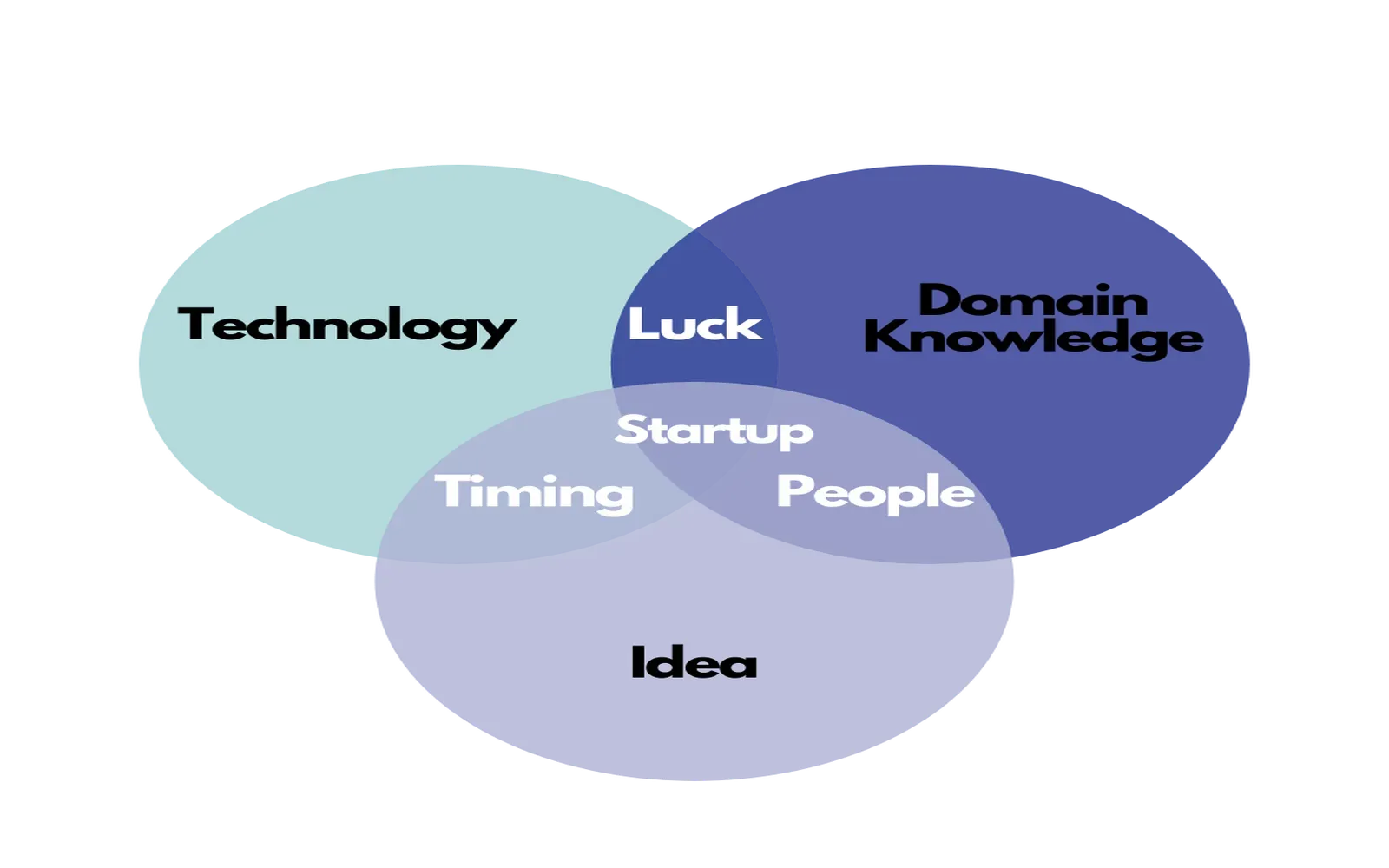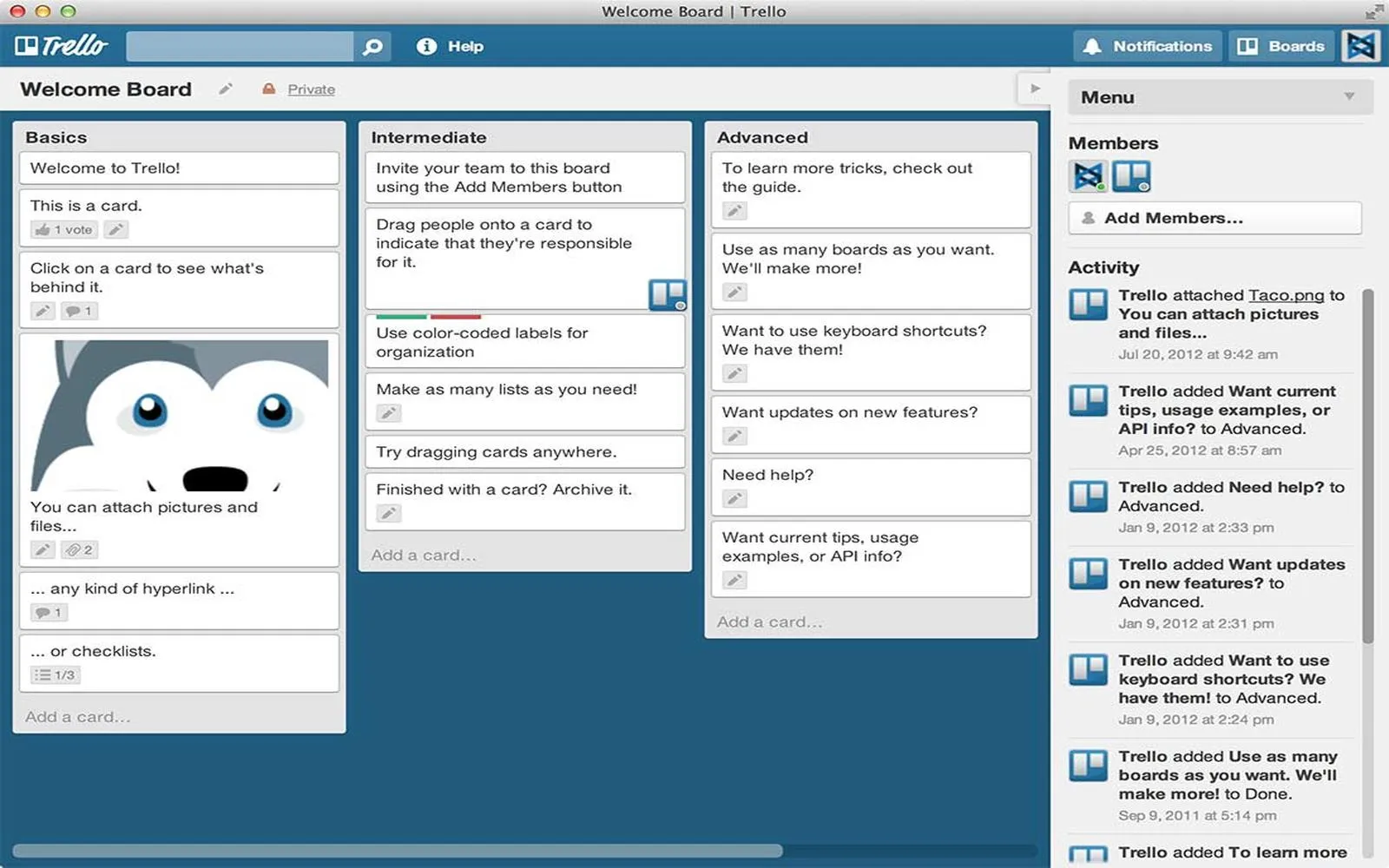Embracing Flexibility and Structure
One of the most significant lessons I learned in my first year of remote work is the importance of balancing ''flexibility'' with structure. Remote work offers unprecedented freedom, allowing me to set my own hours and create a workspace that suits my needs. However, without a structured routine, it can be easy to lose focus and become less productive.
To find this balance, I developed a daily schedule that includes designated work hours, breaks, and time for personal activities. This structure not only helps me stay on track but also ensures that I maintain a healthy work-life balance. The chart below illustrates how my daily routine evolved over the year, emphasizing the need for both flexibility and organization.
| Time of Day | Activity | Notes |
|---|---|---|
| 8:00 AM - 9:00 AM | Morning Routine | Includes breakfast and exercise. |
| 9:00 AM - 12:00 PM | Focused Work | Deep work on important tasks. |
| 12:00 PM - 1:00 PM | Lunch Break | Time to recharge. |
| 1:00 PM - 3:00 PM | Meetings/Collaboration | Team calls and brainstorming sessions. |
| 3:00 PM - 5:00 PM | Wrap Up Tasks | Finalize work and plan for the next day. |
The Power of Communication
Another crucial lesson from my remote work experience is the power of effective ''communication''. Working from home can sometimes feel isolating, making it essential to stay connected with colleagues and maintain a collaborative spirit. I discovered various tools and platforms that facilitate communication, allowing for seamless interactions regardless of location.
Regular check-ins, video calls, and instant messaging platforms became integral parts of my daily routine. These tools not only helped in staying updated on project developments but also fostered a sense of community among team members. A well-defined communication strategy can significantly enhance productivity and morale in a remote environment. Below is a chart showcasing the different communication tools I utilized throughout the year.
| Tool | Purpose | Frequency of Use |
|---|---|---|
| Slack | Instant messaging and team channels | Daily |
| Zoom | Video conferencing for meetings | Weekly |
| Trello | Project management and task tracking | Daily |
| Formal communication and updates | As needed |
Maintaining Work-Life Balance
Lastly, I learned the critical importance of maintaining a healthy ''work-life balance''. The lines between personal and professional life can blur in a remote setting, leading to burnout if not managed properly. It’s vital to set boundaries and create a clear distinction between work hours and personal time.
To achieve this balance, I implemented several strategies. I established a dedicated workspace that signals the start and end of my workday. Additionally, I made a conscious effort to unplug after work hours, ensuring that I have time to recharge and engage in leisure activities. Below is a chart highlighting the activities I incorporated into my routine to promote work-life balance.
| Activity | Frequency | Benefits |
|---|---|---|
| Exercise | 4 times a week | Boosts mood and energy levels. |
| Reading | Daily | Enhances relaxation and knowledge. |
| Socializing | Weekly | Maintains connections and reduces isolation. |
| Hobbies | Regularly | Encourages creativity and personal fulfillment. |
In conclusion, my first year of remote work has been a transformative experience. By embracing ''flexibility'' while maintaining structure, prioritizing ''effective communication'', and fostering a strong ''work-life balance'', I have significantly improved my productivity and overall well-being. These lessons are invaluable as I continue to navigate the ever-evolving landscape of remote work, and I hope they resonate with others embarking on a similar journey.





